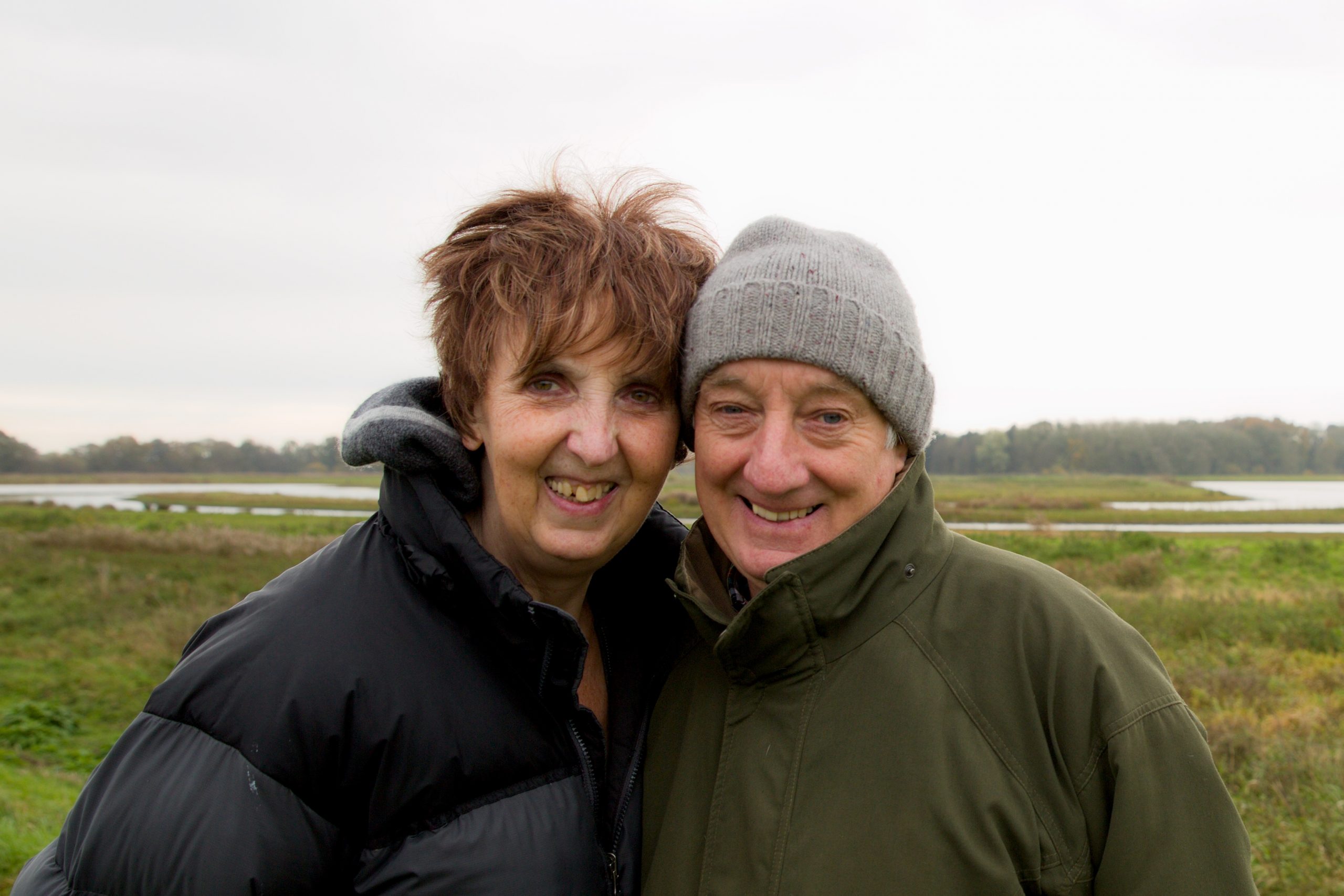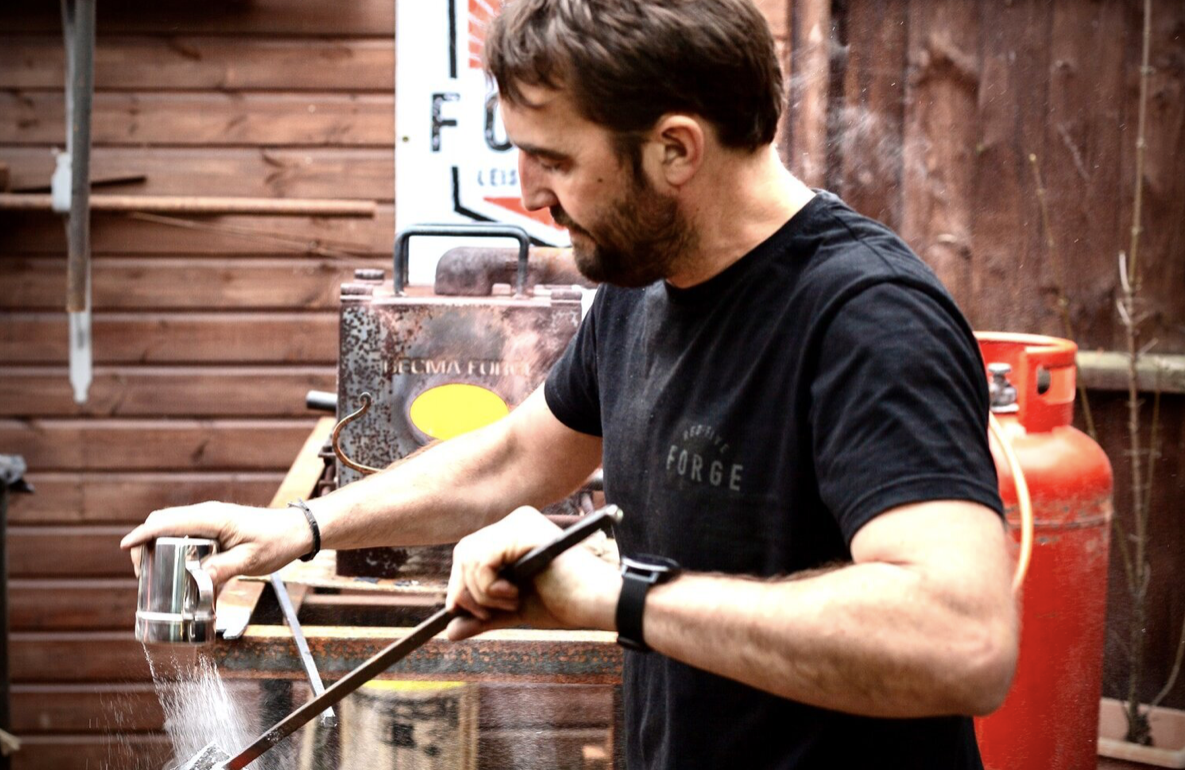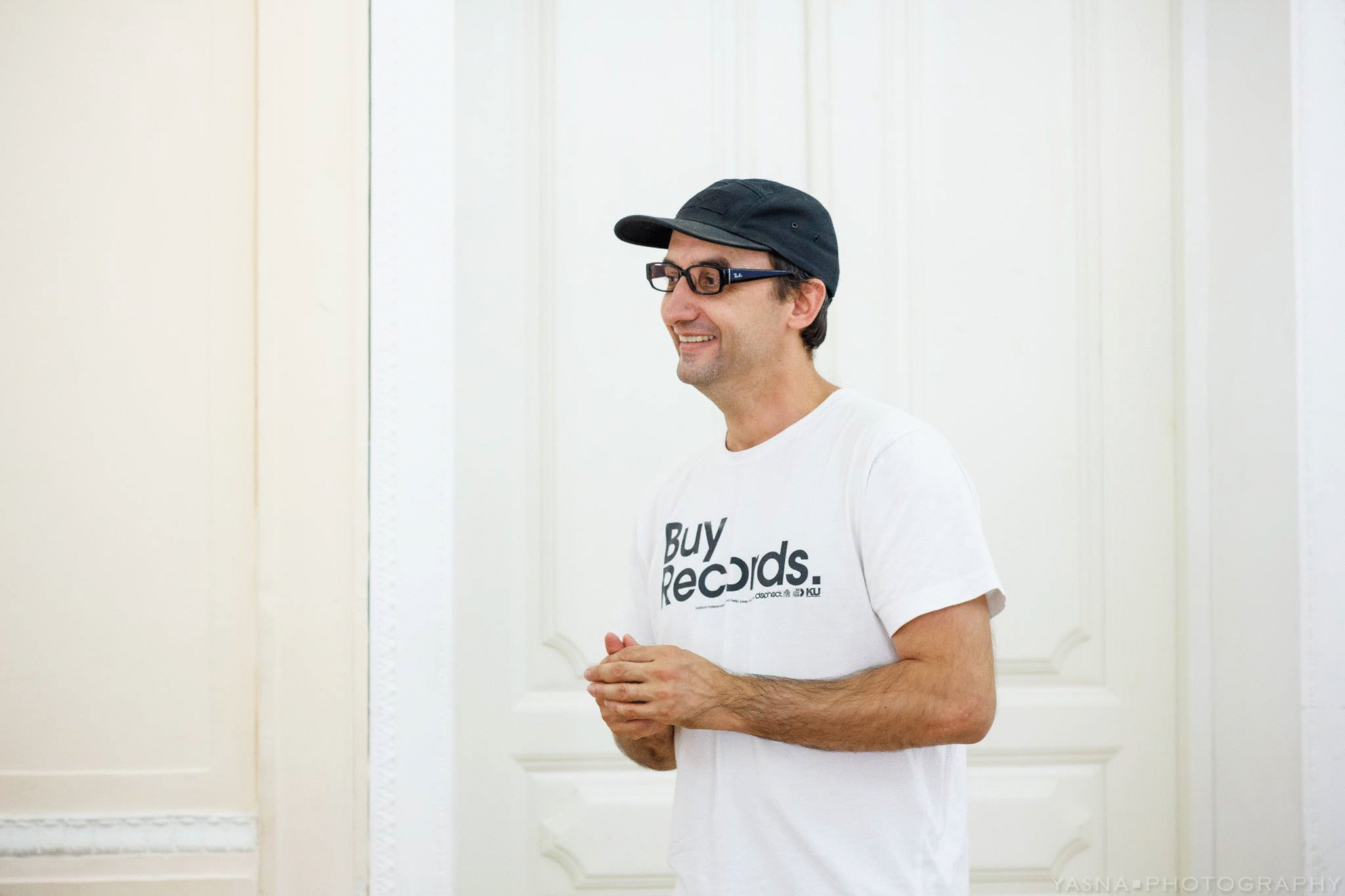A. S. Neill
A.S. Neill, a Scottish writer and rebel, was born in Forfar, Angus on 17th October 1883. That somebody of his generation could not only cross the divide between generations, but could also be a leader in a most modern approach to children and childhood, is extraordinary.)
He created a community in which children could be free from adult authority. The school and his ideas became world-famous through Neill’s writings and lectures, his books are still read worldwide. In the late 60’s Neill’s success at Summerhill was finally recognised and he was awarded honorary degrees from the universities of Newcastle, Exeter and Essex. He was also recognised amongst the top 12 men and women who have influenced British schooling during the last millennium by the Times Educational Supplement (31.12.1999
— Dr Alan Thomas: Visiting Fellow University of London Institute of Education
— Sir Christopher Ball: Chancellor, University of Derby
— Herbert Blumberg: Senior Lecturer in Psychology, Goldsmith’s College, University of London.
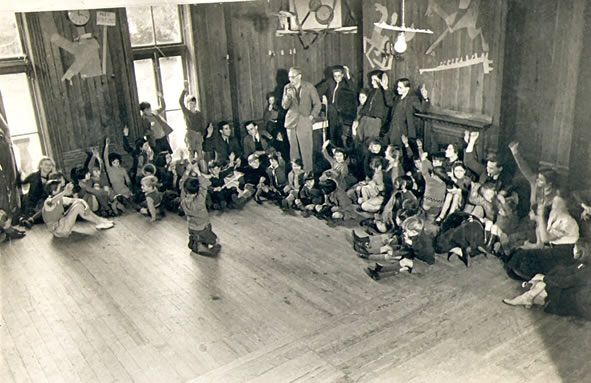
— Stuart Ainsworth: Senior Lecturer in Educational studies Co-director of the Equality and Discrimination, Strathclyde University
— Ian Stronach: Education Research Professor, Manchester Metropolitan University
— Ministry of Education: HM Inspectors Report, June 1949
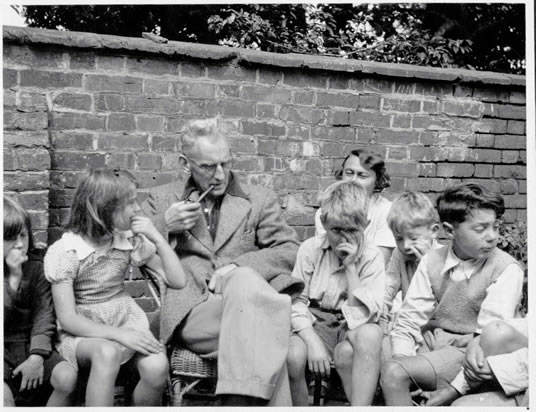
— John MacBeath OBE: Professor of Educational Leadership at University of Cambridge
— Geoffrey Robertson QC
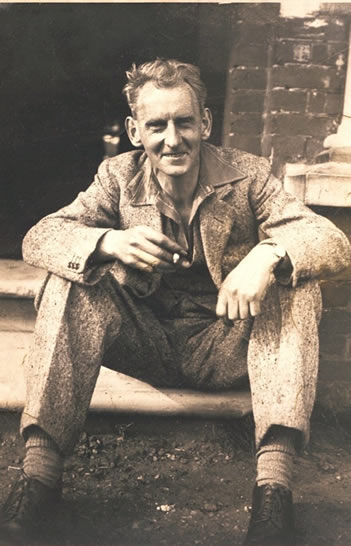
— Ian Cunningham: Visiting professor in the School of Lifelong Learning and Education at Middlesex University
— On Giants Shoulder; Millennium Edition: Times Educational
Summerhill: Early Days
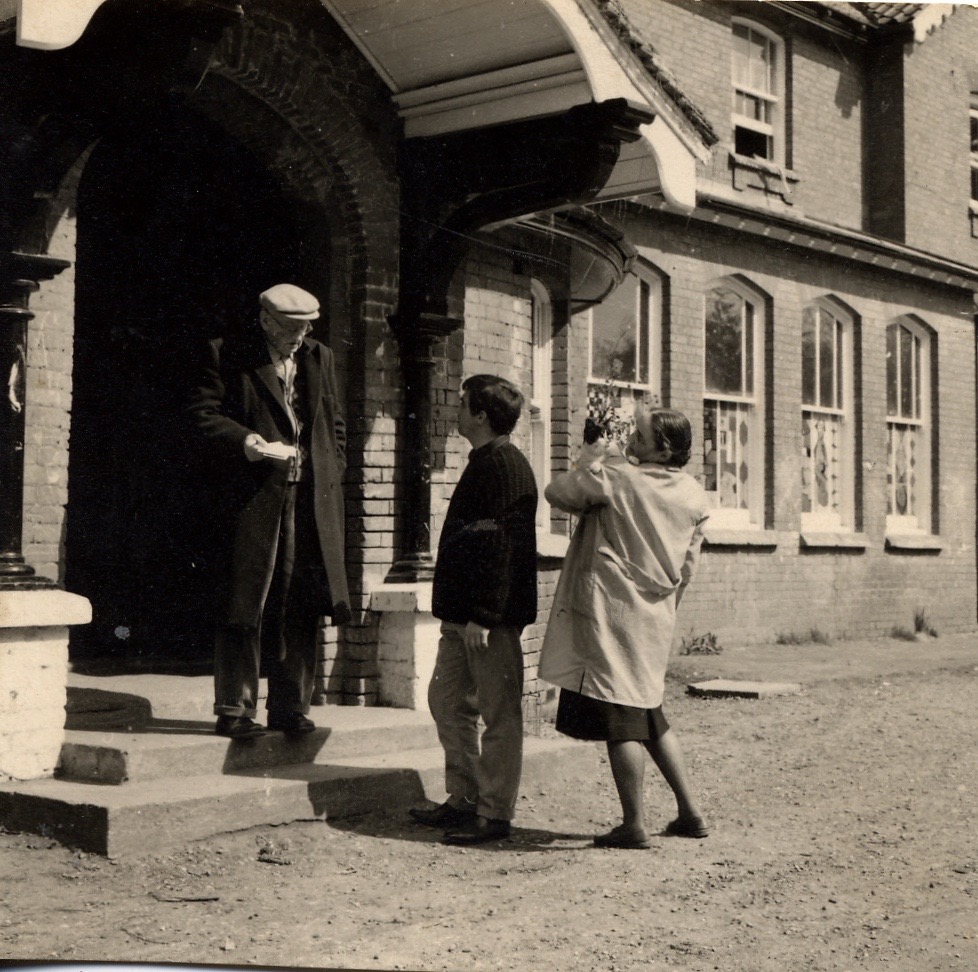
Summerhill was founded in 1921 in Hellerau, a suburb of Dresden. It was part of an International school called the Neue Schule. There were wonderful facilities there and a lot of enthusiasm, but over the following months Neill became progressively less happy with the school. He felt it was run by idealists – they disapproved of tobacco, foxtrots and cinemas – while he wanted the children to live their own lives. He said: “I am only just realising the absolute freedom of my scheme of education. I see that all outside compulsion is wrong, that inner compulsion is the only value. And if Mary or David wants to laze about, lazing about is the one thing necessary for their personalities at the moment. Every moment of a healthy child’s life is a working moment. A child has no time to sit down and laze. Lazing is abnormal, it is a recovery, and therefore it is necessary when it exists.”
Together with Frau Neustatter (later his first wife and known at Summerhill as Mrs Lins), Neill moved his school to Sonntagsberg in Austria. The setting was idyllic – a castle on top of a mountain – but the local people, a Catholic community, were hostile.
By 1923 Neill had moved to the town of Lyme Regis in the south of England, to a house called Summerhill where he began with 5 pupils. The school continued there until 1927, when it moved to the present site at Leiston in the county of Suffolk, taking the name of Summerhill with it.
Neill continued to run the school with Mrs Lins who played a crucial role in both the formation and the running of Summerhill. She was a warm, outgoing, talented musician and teacher who also possessed valuable practical and organisational skills. Her gregarious nature enabled her to protect Neill from the more unwelcome visitors the school attracted whilst her patience and kindness ensured that problems presented by both children and staff were handled with tact and sureness. She had enormous respect for Neill as he had for her and she took over in Neill’s absence.
The war required evacuation of the Leiston house and the school moved to Ffestiniog in Wales. Mrs Lins became ill, requiring constant nursing, and eventually died in April 1944. She was loved by many and sadly missed by Neill, whose tender obituary clearly revealed her importance to Neill himself and to Summerhill. Neill later married a staff at the school, Ena Wooff who not only helped to nurse Mrs. Lins but who also worked as a cook and housemother at the school. After the war they returned to Leiston to a dilapidated Summerhill which had been used by the army and left in a poor state. Neill referred to this for many years afterwards, having to put much work into restoring the buildings and cleaning them up.
The school continued to be controversial, being depicted in the press as the “Do As You Please” school. Neill, however, did have the respect of many educationalists and well-known personalities such as, among others, Bertrand Russell and Henry Miller.
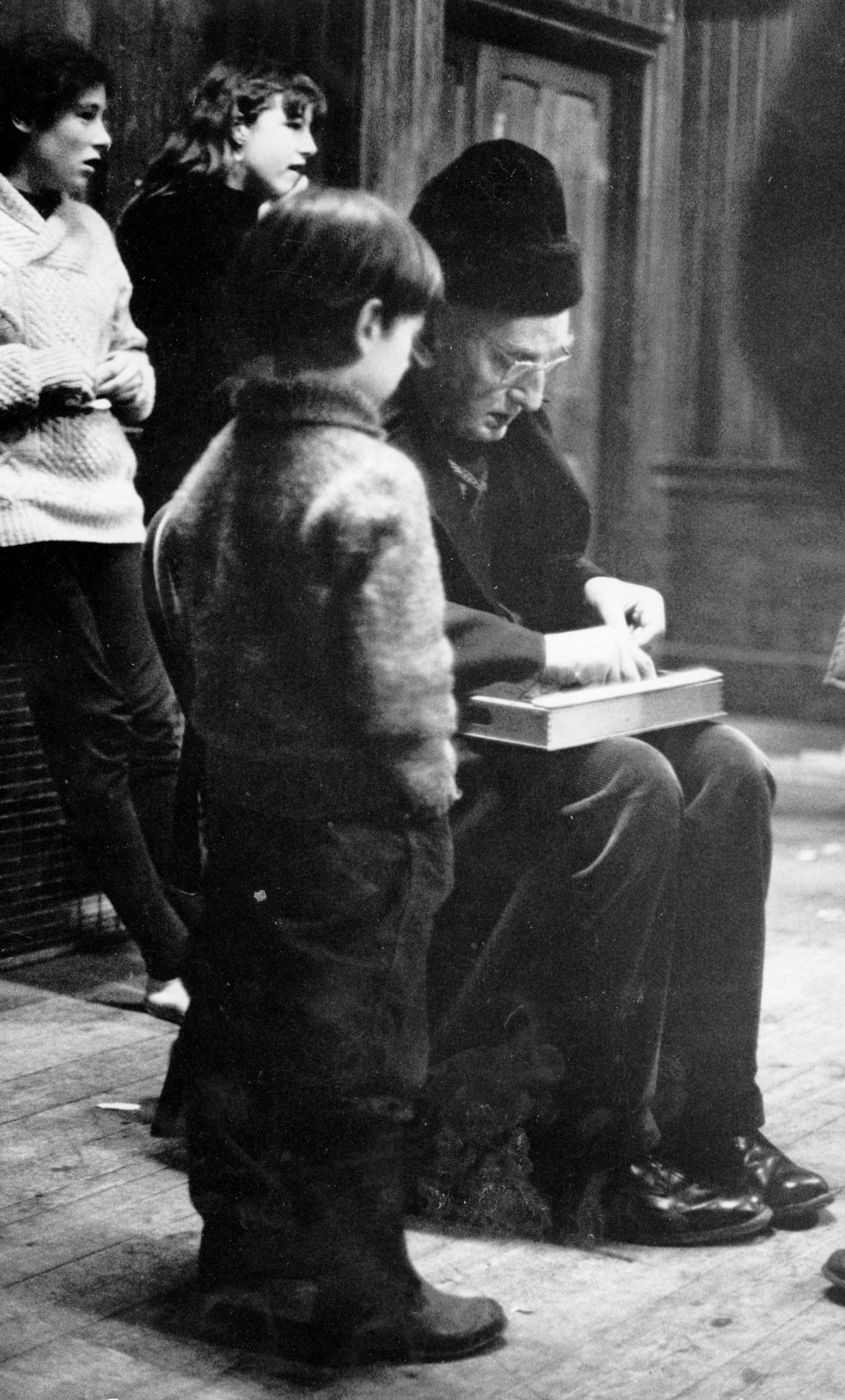
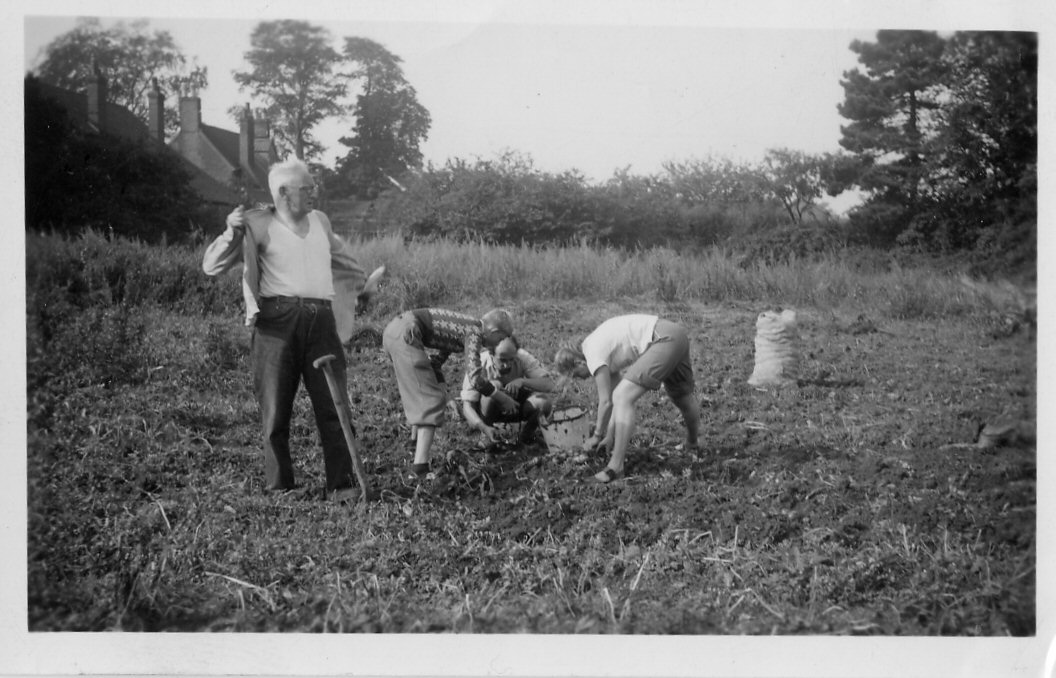
Pupil intake fluctuated over the years before taking a final dive in the late 50s. Things were looking black as the pupil numbers reached around 25. However, at that time Neill was approached by Harold Hart, a publisher from the USA, who wanted to publish a compilation of Neill’s books. Together they put the book ‘Summerhill – a radical approach to childhood’, on the market. It was an instant hit in the USA rising to the number one non-fictional best seller nationally. It was soon published in the UK and many other countries and things began to take a turn for the better at Summerhill. Pupil numbers went up, many from the USA; interest in the school bloomed bringing in many visitors, to the dismay of the kids. At times there were coach loads. After a time both Neill and the community became tired of the attention and withdrew into a time of comparative quiet.
Neill lived out his days taking a less active part in the school but keeping in touch with what was going on. In 1973 his health declined and he was admitted to Ipswich Hospital. Later he was taken to the small local hospital where he died peacefully on September 23rd 1973. Five days later the new term started at Summerhill with Ena Neill now officially the principal. In reality though, Ena had been running the school with Neill’s blessing for about three years prior to Neill’s death. Those three years plus the fact that she had first come to work at Summerhill during the Second World War meant that she was more than qualified for the role. She clearly understood the difference between freedom and licence and was always ready, if it was necessary, to make it clear to the kids in no uncertain terms what that difference was. Ena Neill presented a formidable figure but the tough exterior masked a person with considerable compassion who was often called upon to be a mother to both kids and staff. Ena had a practical ‘no-nonsense’ approach to life and to the running of the school. She took over at a difficult time. The mid-seventies and early eighties were a period when the economies of the rich nations were in a recession. This, coupled with the fact that Neill’s ideas were not as popular as they were in the 1960’s meant that there were fewer students. It required a strong, determined person such as Ena to keep the school running through this difficult period.
Ena Neill continued to run the school until her retirement in 1985 when their daughter Zoë, the current head teacher, took over.
Summerhill: Nowadays
Zoë and Tony
Zoë Readhead, Neill’s daughter who was born and educated at Summerhill, took over the running of the school in September 1985. It was a time when big changes where coming to the world of education; the founding of Ofsted in the UK in 1992 and a massive increase in government regulation being just one of many.
In addition, the world was about to witness a technological revolution in the form of Internet and in a comparatively short time the school went from having one television and one video player in 1985 to a school today where everybody carries around their own ‘television and much more’ in their back pocket!
Over the years Zoë has guided the school through these many changes, always staying faithful to her father’s vision laid down in the 1920’s of creating a school that fits the child rather than making the child fit the school. This, together with her deep, innate understanding of children and childhood has ensured that today, under her guidance, the school continues to thrive. Zoë is not a mother only to 4 children and a grandmother to 5 grandchildren but also a ‘mother’ to every single child (and indeed member of staff) that has crossed Summerhill’s threshold over the last thirty or more years.
If it has been Zoë’s role to lead the school into the 21st century, it has been Tony Readhead, Zoë’s husband, who has shouldered the burden of putting the school onto a firm financial footing to enable an infrastructure to be created which is worthy of the 21st century. It was a task which required Tony to utilise to the full of his extensive business experience and his business acumen and, at the same time, continue to run and develop the family farm.
Together, Tony and Zoë have ensured that Summerhill School continues to be a source of inspiration to educators throughout the world.
Will and Henry
Will and Henry Readhead are totally immersed in Summerhill and have been from a very young age. As sons of Zoë and Tony and grandsons of the founder of the school they were both educated at Summerhill, like their older sister Amy and younger brother Neill, both of whom are actively involved in the school. Today Will and Henry co-lead the school community with Zoë and have their own particular areas of expertise, which they lead on in their own right.
Will is in charge of the busy and popular Woodwork and established Metalwork areas. Will is a very talented craftsman and his work can be seen on www.redfiveforge.com . He also takes the lead on Health and Safety, liaising with outside agencies to ensure that the school meets the requirements of national legislation.
Henry is Summerhill’s ambassador, spreading the Summerhill’s message nationally and internationally. He has spoken at conferences, given lectures and lead workshops win many places around the world. He is now co-directing the A.S.Neill CIC (Community interest company) which offers support for schools and other educational institutions as well as professional development courses, seminars, conferences, events and research. www.asneillsummerhillcic.co.uk
With the support and energy generated by the third generation of the family, Summerhill continues to develop. Building on its firm foundations and upholding its values yet meeting each new situation afresh and with an open mind.
Summerhill’s fight with the UK government
In March 2000, after a damning report from an OfSTED (Office for Standards in Education) inspection in March 1999, which demanded changes to the Summerhill philosophy, the school won an historic legal battle against the DfEE (Department for Education and Employment) when it defended the rights and voices of its children at an Independent Schools Tribunal.
After the OfSTED report was published the children contacted the Children’s Legal Centre to see if they could get help and a lawyer to represent them. Meanwhile, Zoë & Tony Readhead were taking their own steps to prevent the school’s closure.
Stuart Ainsworth, Senior Lecturer in Educational Studies, Co-director of the Equality and Discrimination Centre, Strathclyde University, had contacted them and suggested that perhaps, under European law, the government were acting illegally in threatening closure of Summerhill. His information and support gave them the courage to fight the case legally. A friend from the City of London recommended a prominent lawyer, Mark Stephens, who regularly deals with high profile cases. They visited him and he agreed to act for the school at an Independent Schools Tribunal, the legal framework for appealing against a Notice of Complaint, which the school had now received. The notice of Complaint listed six areas of concern that had to be rectified; otherwise the school would face closure.
The media followed the case with interest. The national papers, foreign papers, radio news and TV covered the threat of closure to the school.
In the summer of 1999 the school hosted an international conference on ‘The Free Child’, examining issues of how alternative schools could contribute to state education systems. This was also a platform for making joint statements to save Summerhill and the start of a campaign of “Binning the Report”, initiated by Michael Newman, Science teacher at Summerhill. He had read an article in the TES (Times Educational Supplement) in which Chris Woodhead (Head of OfTSED) said that if school Heads did not like their OfSTED reports – they should bin them. Michael found the headline for the story and launched a national and worldwide campaign to “bin” the Summerhill report. People were photographed in many different settings “binning” the Summerhill report. Some sent photos of themselves from other countries, the furthest being a school in Australia.
After this conference Professor Ian Cunningham led a team of independent experts from the field of education, including well known children’s author Michael Rosen, in their own independent report on Summerhill as a direct response to the OfSTED report. They visited the school and made a thorough evaluation of what they saw. The result of this inspection can be seen at: www.selfmanagedlearning.org.
The school planned a campaign, writing to MP’s, getting support from educationalists, parents and children. The response from the public was overwhelming. Letters, emails and donations poured in. It is estimated that the case cost in the region of 130 thousand pounds and that approximately 90 thousand of that was raised in donations, many people giving generously.
The case was defended by Geoffrey Robertson QC, the world-renowned human rights champion. The first three days of the hearing were taken up by him questioning one witness. During this time it came to light that Summerhill was on a secret TBW list (To Be Watched) which was why the school was inspected so often.
After three days of the hearing at the Royal Courts of Justice in London, which most of the children attended, the DfEE capitulated, asking for an agreement with the school. This was duly drawn up and voted for in a unique Meeting held, by permission of the judges, in the Royal Court itself. This was a historical moment – probably the first time a democratic meeting had been held in a Royal court of law and certainly the first time a children’s meeting had done so.
Summerhill is now the most legally protected school in the country with a unique inspection process that is the first to include the voices of children, preceding the newly announced OfSTED plans to take account of students’ views. Summerhill is the only school that has direct input into its inspections through legally appointed experts. MPs from all parties have been highly critical of the fact that this protection was won at such great expense to the school.
In the summer of 2002 the school received its first inspectors since the case, as well as the elected experts. The inspection process went smoothly and, guided by the experts, the inspectors seemed more open minded in their approach. The subsequent summing up and letter that the school received was positive. This was just a registration visit, not a reported inspection.


